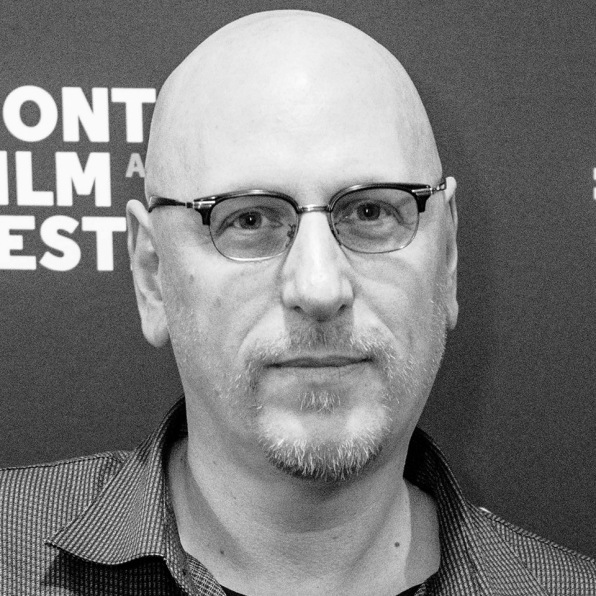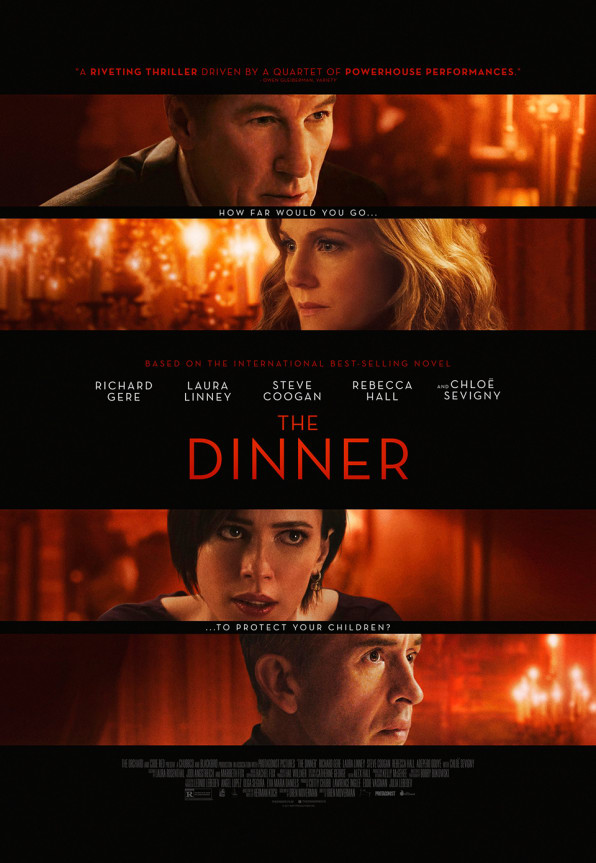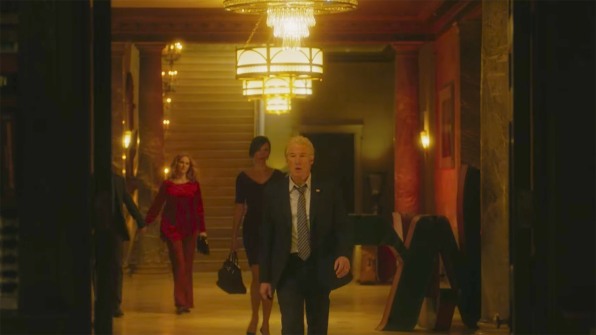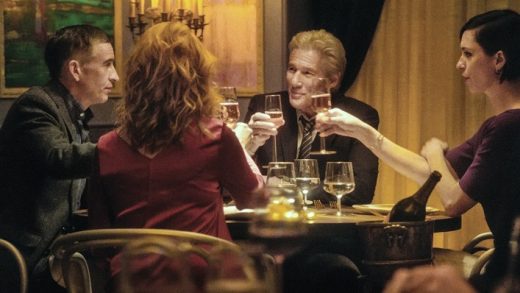‘The Dinner’ Is a Tense Film About Politics and Family That Accidentally Became Very Timely
Family isn’t politics–or at least it probably shouldn’t be. For most politicians, however, everything is politics, and family is in constant danger of becoming just another detail considered according to optics.
[Photo: Neil Grabowsky/Montclair Film]
In the film, The Dinner, which is now in theaters, Richard Gere plays Stan Lohman, a congressman faced with an impossible decision. If he does what’s best for his career, and sweeps the horrible crime his son is tangled up in under the rug, he’s technically also doing what’s best for his family. It sounds like a win-win. The question is whether getting off, scot-free, truly is what’s best for his son, and whether that’s worth the incalculable damage to his career if not. It’s a morality play about politics, family, class warfare, and mental health–all subject matter director Owen Moverman had no idea would be so topical when he first got involved with the film.
“I remember being on set when we were shooting about a year ago,” Moverman says. “I could not imagine where things were going, much to my shame.”
The film now exists in a world where consequences seem more removed from their actions than ever. Up is down. Black is white. The president ordered a unilateral missile strike against Syria while enjoying “the most beautiful piece of chocolate cake you’ve ever seen.” He’s not the only one around with a shaky understanding of cause and effect, though; the president may just be a reflection of a broader class of people who use their race and socioeconomic privilege to shield themselves from consequences.
“[The Dinner] is really about where humanity is at this point,” Moverman says. “How do we look at other people? How do we feel about protecting our little tribe? Sometimes the way we do that entails dehumanizing whoever’s not a part of that tribe. And that’s harmful for all of us.”

As the title suggests, the film unfolds over the course of a dinner between Lohman, his brother, played by Steve Coogan, and their wives, Rebecca Hall and Laura Linney, respectively. It takes place inside a ludicrously, almost satirically fancy restaurant, whose avant-cuisine and ornate atmosphere underscore the incivility of the crime Lohman’s son is implicated in. As the two couples dredge up the recent past and mull over options for the future, the tension escalates as they tear through their food. (It’s a playful structural conceit. Indeed, the meat of the film takes place during the main course.) By the end of the meal, the intentions of each member of the two couples seems clear.
“I think most of us buy into the politics of family,” Moverman says. “I think what that creates, like any political system, when you are entrenched in the inner workings of your own world, it makes you oblivious to the rest of the world and uncaring to the rest of the world, and your compassion falls by the wayside so your ability to assess our humanity is greatly diminished.”

The novel that The Dinner is based on was written in 2009, years before the most contentious election of the modern era had Americans retreating further than ever into their own microworlds. Some of the political issues in the film are just as relevant now as they were then, though. Throughout the film, Richard Gere’s character is trying to pass a bill that would help insurance cover mental health issues on the same level as other health issues. It’s a real-life special interest of Moverman’s, and one of the things that drew him to the film.

“Right now, as we’re debating the repeal of ACA, there’s really very little attention being paid to mental health–something that’s a part of everyone’s family, everyone’s life, something that is not talked about,” the director says. “The idea of destigmatizing the conversation around mental health is something else at the core of this movie.”
Mainly, however, The Dinner presents a world where all interactions are political, but the issues of one politician’s family spill over into the real world, and have real world consequences. Depending on how Congressman Lohman deals with his family issue, his healthcare bill may or may not get passed. Many lives hang in the balance of his family drama. When viewers leave the theater, they will walk out into a world where the president’s daughter and son-in-law hold a degree of influence in the White House and beyond–and it will be jarring.
Oren Moverman talks about making a Richard Gere drama about a politician faced with an impossible choice, while the 2016 election unfolded in the backdrop.
Family isn’t politics–or at least it probably shouldn’t be. For most politicians, however, everything is politics, and family is in constant danger of becoming just another detail considered according to optics.
Fast Company , Read Full Story
(38)














